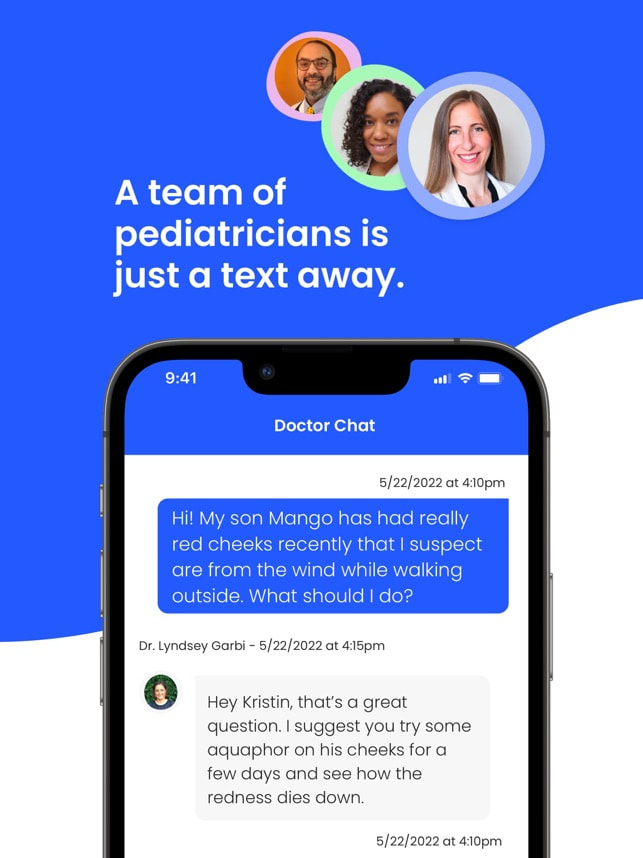|
When you're a foster parent, you can suddenly become a parent to a child who has a diagnosis you know nothing about. This was the case when our first placement came to us. While he didn't have a formal diagnosis yet, our caseworkers said autism was likely. We thought we were educated "enough" on various special needs, but we were in for a whirlwind of learning.
Here are my suggestions if find yourself the foster parent to an autistic child. 1. Get a formal diagnosis, if necessary. In our case, our foster son didn't have a formal diagnosis. Fortunately, the routine medical check-ups required in Texas provided us our first one to get him qualified for the therapies he needed. 2. Learn about therapy options. As soon as possible, learn about the therapy options available. Speech Therapy, Occupational Therapy, Physical Therapy, Play Therapy and Behavioral Therapy should all be available to your child as needed. You'll likely need doctor referrals for these therapies so get to know your clinic's staff well as you'll be in contact with them regularly. Once you know which therapies are required for your foster, find out what therapists in your area accept your foster's insurance. You will likely want to get on waitlists for 2-3 different therapist so you can see who can get to you first. 3. Get to know the IEP process. After you've gotten the medical diagnosis, it will be time to tackle the educational piece. If your child is school age, reach out to your child's school and request they evaluate him or her and provide their own diagnosis and recommendations. Request an ARD meeting as soon as possible to get all players in the same room (even virtually) to complete the process. If your child is not in school yet, it is still worth connecting with your school district to understand if resources are available to the child. 4. Read Uniquely Human. This book helped to reframe how I saw autism. Written by a researcher who has studied autism for decades, the book will help you view autism not as a disorder but as the unique way autistic people view and engage with the world around them. 5. Learn about Gestalt Language Processing. If your autistic foster child has a speech delay, learn about Gestalt Language Processing. This was a game-changer for us as it helped us understand our guy's echolalia (repeating speech) and how to move him past that. What I tell people who have a child who is a GLP is "repeat the echoed speech back to the child, and do it often". This seemed to tell our foster son that his voice communicated. The next thing we did is constantly give him phrases to say in situations. For instance, we'd say "Do you want a snack? Say, "I want a snack" and he would repeat it (we'd never withhold the snack if he refused, just gently encourage him to request it and he almost always did). About 6-7 months in, he started communicating without these prompts. After 13 months, he wasn't quite at a point of speaking like a neurotypical 6-year-old, but was much more able to communicate his wants and needs. 6. Hear autistic voices. They will help you understand what your child may not be able to communicate. If you're a foster parent of an autistic child, know that you are not alone. There are other families out there who have gone through or are going through the same thing. Get resources, listen and learn, and above all, be there to love your autistic foster child in the way that works for them. It's not always easy, but it is definitely worth it! |
AuthorI'm a foster mom, bio mom, working mom, special needs mom, busy mom. I'm also married to my high school sweetheart, I'm a proud 23-year childhood cancer survivor, and I'm passionate about serving my community. More from FosterMamaArchives
March 2023
Categories
All
|


 RSS Feed
RSS Feed